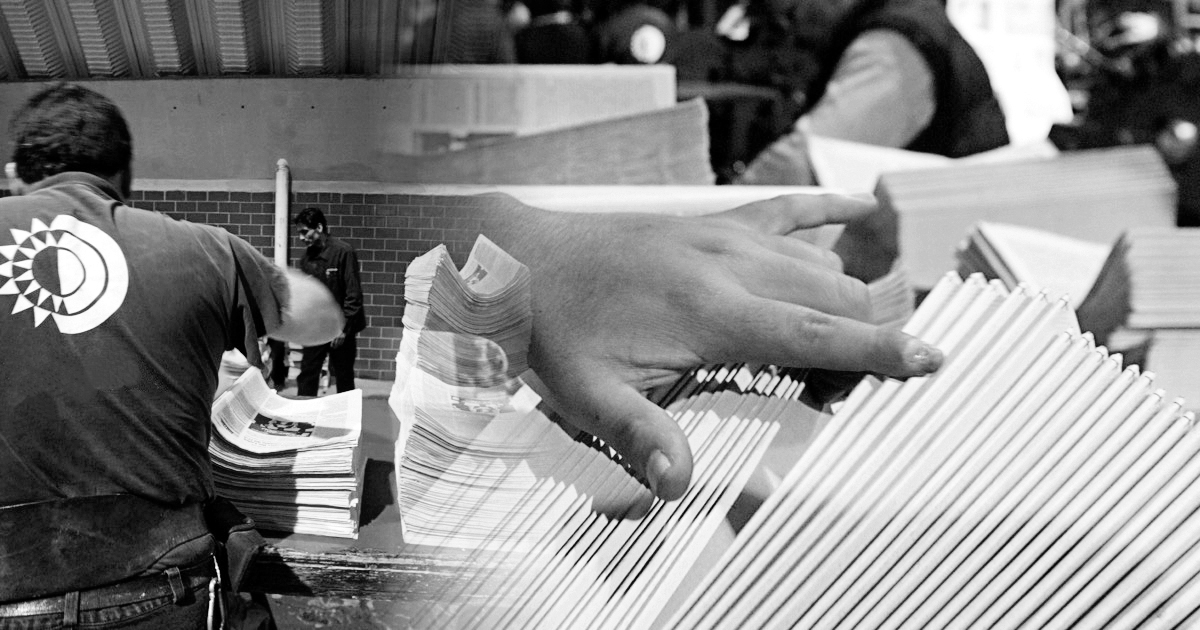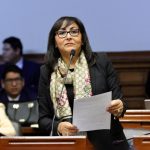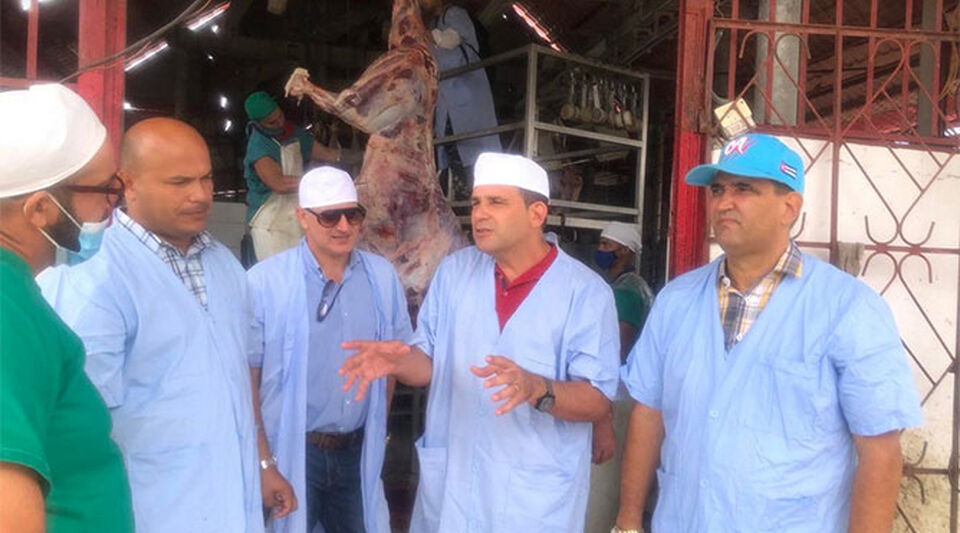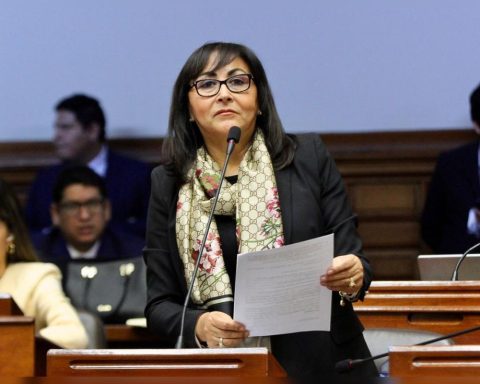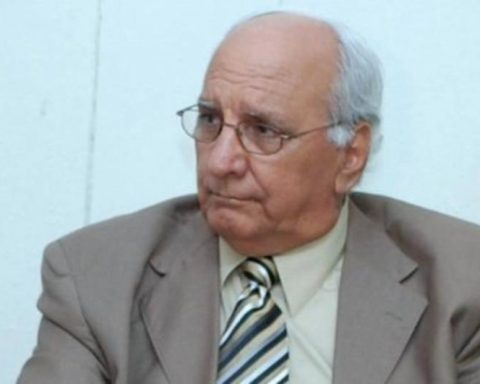Edward Murillo
Newspaper La Jornada
Monday, October 24, 2022, p. 5
A little over a month after the start of the process to elect the next president of the Supreme Court of Justice of the Nation (SCJN), it is mentioned that three of the ministers have already begun to operate to succeed Arturo Zaldívar Lelo de Larrea.
They are Javier Laynez Potisek, Alfredo Gutiérrez Ortiz Mena and Yasmín Esquivel Mossa, who must publicly present their work plan before December 5.
Eight of the 11 ministers are capable of running for the presidency from January 1, 2023 to the last day of December 2026.
Only Mario Pardo Rebolledo is ruled out, whose constitutional term as minister will end in February 2026; in addition to Luis María Aguilar Morales, who already headed the SCJN between 2015 and 2018; and the current president, Zaldívar, since the law does not allow re-election in this position.
Asked about the movements towards succession, members of the presentations of various ministers pointed out that traditionally there are several who register, but most are discarded in the first round.
They recalled that six candidates participated in the election held on January 2, 2015 and 32 rounds of voting were necessary for Aguilar Morales to obtain victory over Zaldívar.
Until now, the sources consulted indicated, Minister Laynez has spoken with some of his colleagues to seek a consensus that will allow him to reach the presidency with the support of a broad majority that will give legitimacy to his eventual administration. Only if he is sure of this support will he register his candidacy.
For his part, Gutiérrez Ortiz Mena has sought to preside over the highest court since 2015, when he had less than three years of having arrived at the SCJN, and at that time he ended up withdrawing his candidacy.
Esquivel Mossa also aspires to the position, who is against the unwritten rule that indicates that a minister does not reach the presidency new
that is to say, that a member of the plenary session cannot win in the first election in which he votes, as is his case, since he arrived at the SCJN in March 2019.
